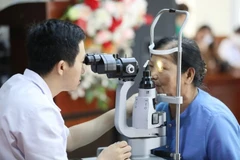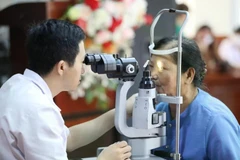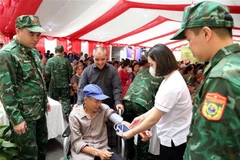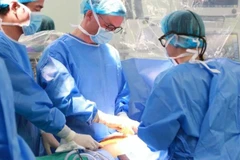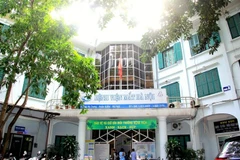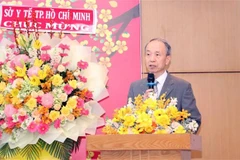The event, aiming to assessthe reality of drug use and access to methadone programmes, is part of aproject run by the Vietnam Union of Science and Technology Associations(VUSTA) and the Global Fund to Fight HIV/AIDS, Tuberculosis andMalaria.
Long said this late implementation wasdue to local reliance on the Central agencies’ support, as well as alack of local concern and human resources development. He added thatrelevant agencies should mobilise and encourage social organisations toget involved.
Administrative processes should be simplified to create favourable conditions for patients, he highlighted.
Most of the interviewed patients spoke highly of the methadoneprogramme; however, treating addiction faces a number of problems, suchas the increasing number of people using synthetic drugs, and lackingaccess to methadone programmes in some localities, a representative fromHai Phong said.
A number of issues werediscussed at the workshop which included the legislative framework foralternative treatment using methadone, addiction treatment in thecommunity and barriers in the access to methadone treatment.
Methadone, primarily used in World War II to relieve pain, is a longacting synthetic opiate with pharmacological effects similar tomorphine. It was discovered as a treatment to help drug addicts stopusing heroin by Dr Marie Nyswander and Dr Vincent Dole in 1964.-VNA




